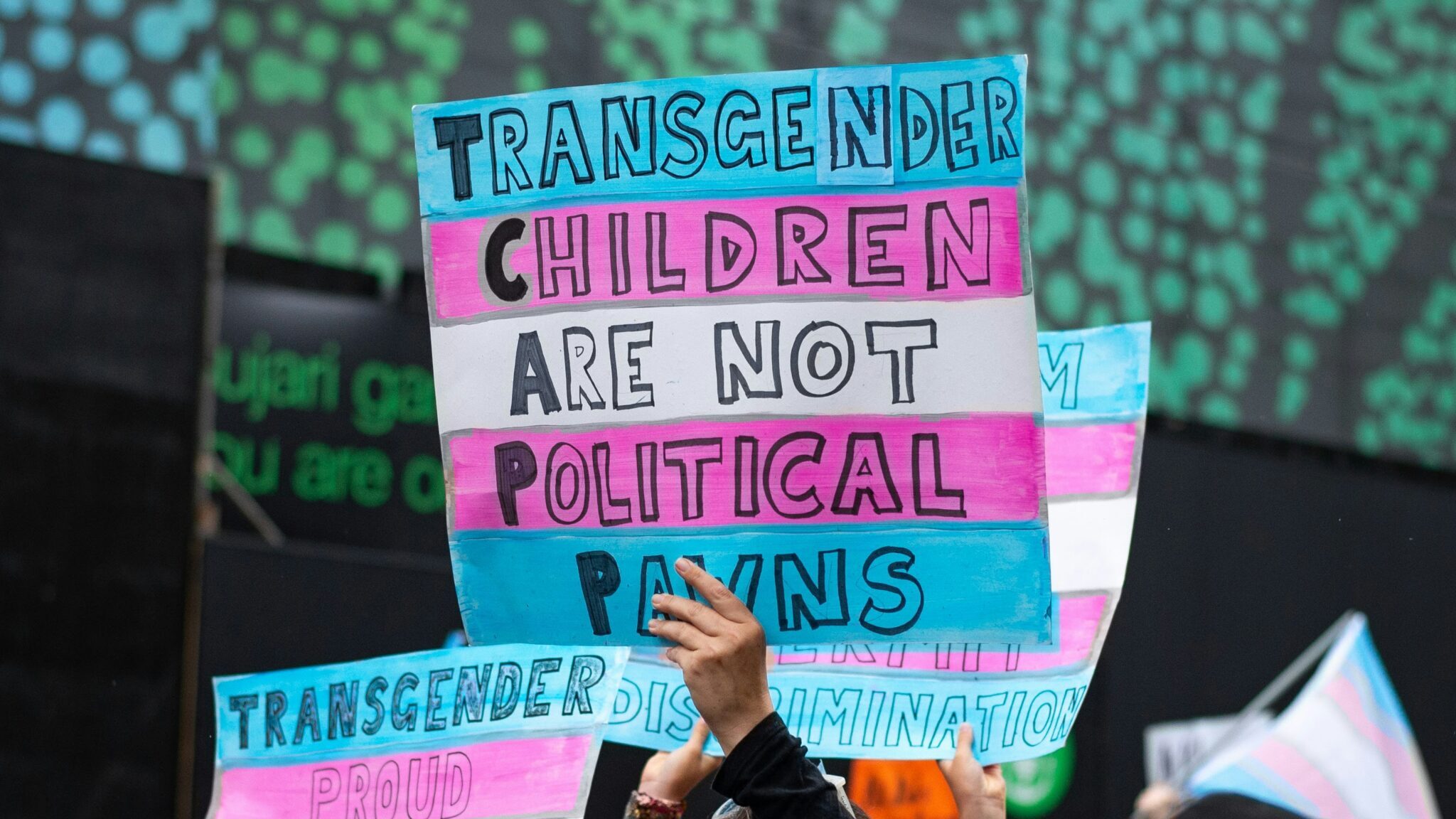Hanover County’s School Board has responded to an ACLU of Virginia lawsuit filed last month on behalf of the parents of five transgender students who say the board violated state law by not adopting policy revisions in November that would expressly allow their children to use school bathrooms and facilities that align with their gender identity.
The 103-page response filed last Friday in Hanover County Circuit Court argues that the School Board is not in violation of state law for its actions taken Nov. 9, when it voted down the policy change, nor is an injunction — sought by the plaintiffs in this case — an appropriate action allowed by the court.
The lawsuit stems from the board’s Nov. 9 actions, when it unanimously approved policy revisions that allow Hanover school officials to “use the name and gender consistent with the student’s gender identity” upon request of the student and parent, but shot down the more contentious transgender bathroom policy, as its widely known both at the state and federal levels.
Virginia’s 2020 law was largely sparked by the Gavin Grimm case, in which Grimm, a transgender man, sued the Gloucester County School Board in 2015 after it barred him from using the boys restroom. A federal court ruled in his favor — that the actions by the School Board were unconstitutional and violated his rights under Title IX — and that ruling stands after the U.S. Supreme Court declined to hear the case last summer.
The General Assembly passed legislation in 2020 requiring all of Virginia’s 132 school divisions to adopt policies regarding the treatment of trnsgender and nonbinary students. It directed the Virginia Department of Education to first create model guidelines, and school divisions could then adopt those policies or create their own, provided that school divisions’ policies were “consistent with but may be more comprehensive” than VDOE’s model policies.
School divisions were instructed to have policies in place before the start of the current school year.
Hanover was already behind when it took its actions in November. The ACLU sued under state laws that allow parents of students aggrieved by an action of their school board to challenge that action in circuit court within 30 days. In this case, the plaintiffs are parents of transgender students — two in elementary school, two in middle and one in high school.
The complaint, filed Dec. 9, asked the court for temporary/preliminary or permanent injunctions, which declare that the School Board’s actions were a violation of Virginia’s law on adopting transgender policies. It asked the court to order the School Board to adopt policies consistent with VDOE’s model policies, and to grant “other and such further relief as this Court deems equitable and just under the circumstances.”
Hanover’s response, filed by School Board Attorney Lisa Seward, argues, in part, that Virginia law doesn’t require school boards to adopt the language of the model policies in their entirety, nor does it require boards to adopt the model policies into their existing policies.
“Rather, school boards are required to ensure that their policies — whether as those policies existed prior to the enactment of [the state law] or after the issuance of the Model Policies—are ‘consistent with’ the Model Policies,” the response said.
The response said that while the board did not adopt the proposed bathroom revision on Nov. 9, the board said publicly back then that it wished to “continue working on revisions” to its policies and that that action “did not constitute the adoption of any new policy that was inconsistent with the Model Policies.” It noted that current School Board policy “provides that Hanover County Public Schools’ programs and services do not discriminate against any individual for reasons of gender identity.”
Further, the response said that “while the General Assembly could have required that school boards adopt particular language in their local policies, or include the Model Policies themselves in local policy, it did not. Rather, it merely required that school boards review their policies to ensure that they were not inconsistent with [state law]. The School Board is in the process of doing that, and will continue to do so going forward.”
This post first appeared on Richmond




